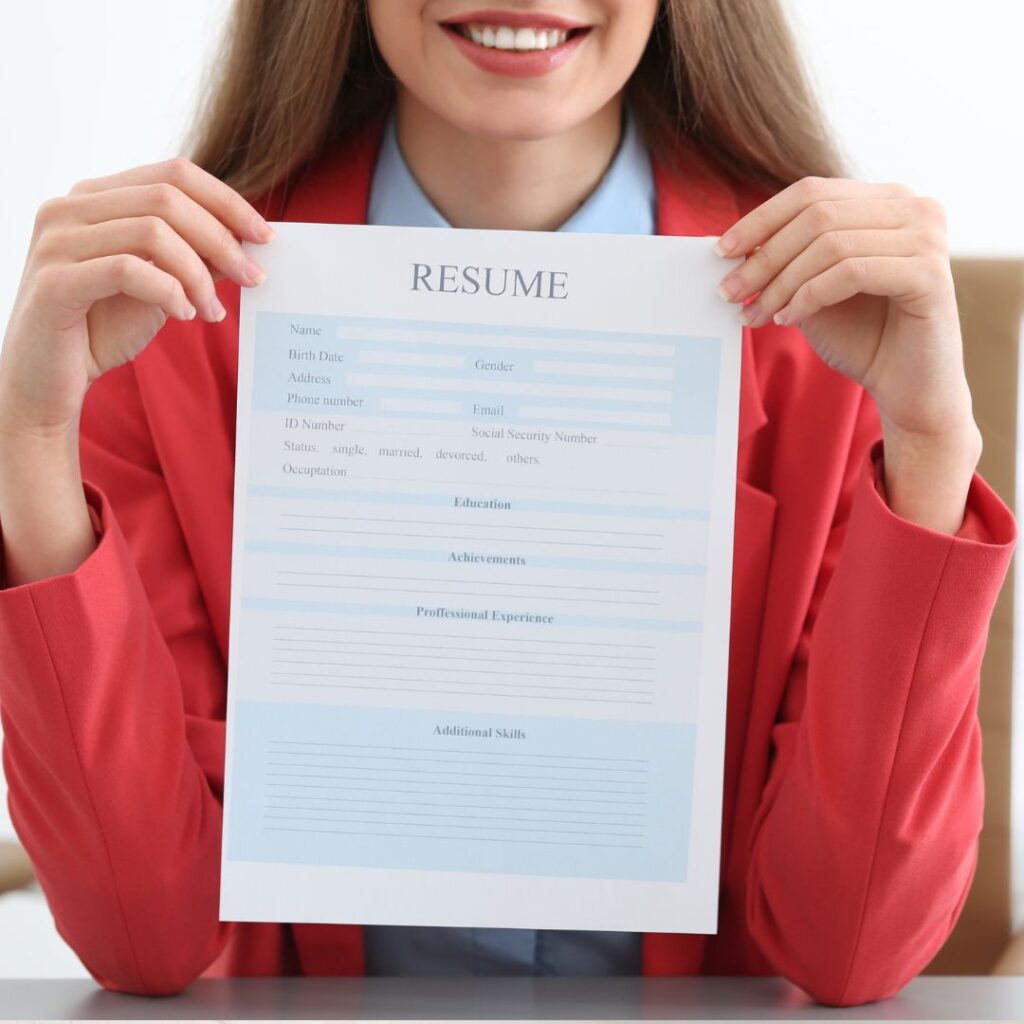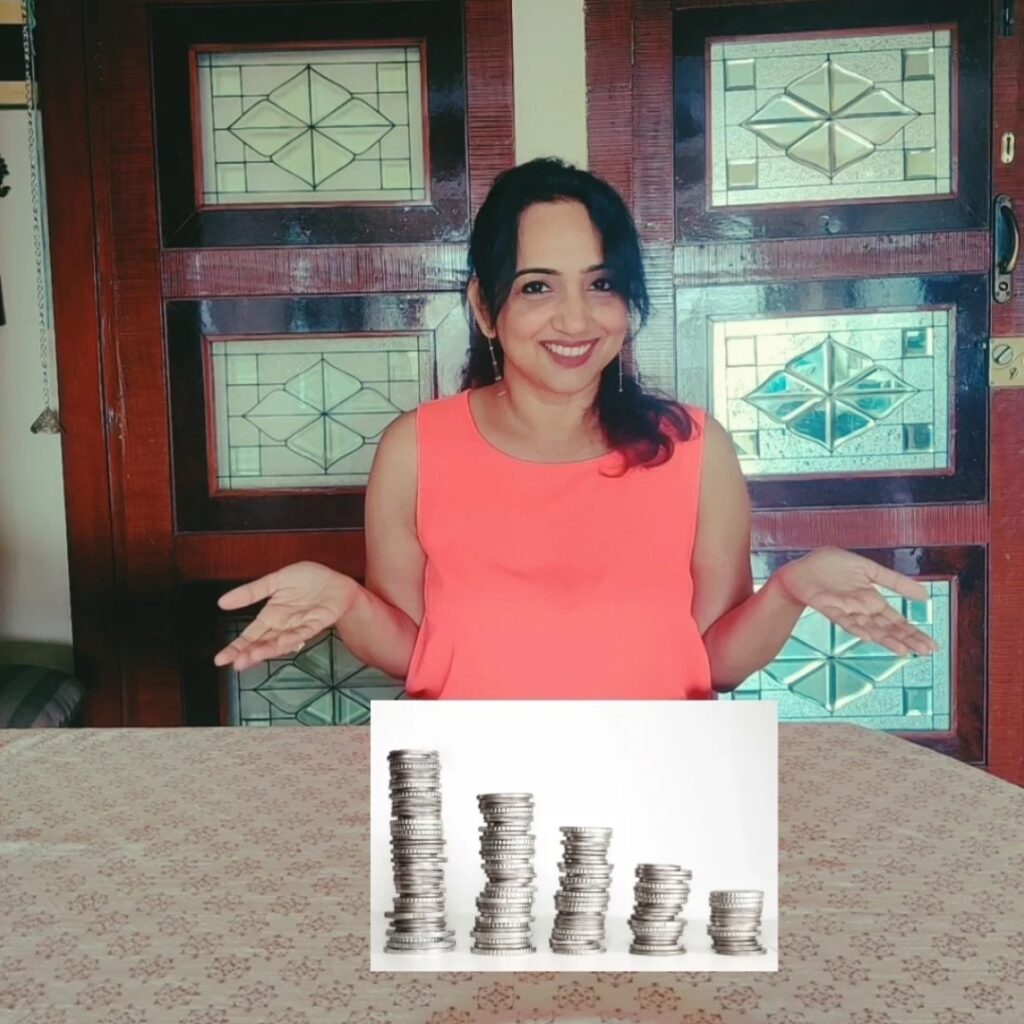So, you’ve taken a career break—whether it was for family, health, learning, or just figuring out what’s next. Now you’re ready to dive back into the workforce, but you’re staring at your resume- “How do I even explain this gap?”
Don’t stress! A career break isn’t a dealbreaker. With a little finesse, you can actually make it a strength. Here’s how to approach your resume so it highlights your journey and shows off your growth.
1. Don’t Dodge the Break—Own It
First things first: be upfront about your career gap. Trying to hide it can come off as shady. Instead, own it with confidence and give it a professional spin:
- Full-Time Caregiver (2021-2023): Managed household operations, provided primary care for dependents, and honed time management and multitasking skills.
- Professional Sabbatical (2020-2022): Focused on personal growth and completed certifications in [specific skill or field].
This way, you’re showing recruiters you used the time productively, not just watching Netflix (even if you snuck in a few episodes).
2. Highlight Transferable Skills
Your break probably taught you a ton of skills that translate well to the workplace. Think budgeting, problem-solving, organization, or even picking up new tech tools. Be specific:
- “Managed family finances, developing strong budgeting and resource allocation skills.”
- “Coordinated complex schedules, honing planning and organizational abilities.”
Basically, spin your everyday superhero moments into workplace-ready skills.
(watch our founder’s experience of an unplanned career break here)
3. Shout Out Continued Learning or Volunteering
If you took a course, got certified, volunteered, or did freelance work during your break, flaunt it! These show you’ve been proactive about growth. For example:
- Volunteer Marketing Consultant (2022): Created social media campaigns for a nonprofit, boosting engagement by 30%.
- Google Data Analytics Certification (2023): Learned how to rock data visualization tools like Tableau.
Recruiters love seeing initiative—it shows you’re serious about your career.
4. Consider a Skills-Based Resume
If a traditional chronological resume makes your gap stick out too much, switch it up. A functional or hybrid resume lets you focus on your skills and wins instead of dates. Group your skills into categories like:
- Project Management
- Team Leadership
- Tech Expertise
This way, you’re putting your best foot forward and keeping the focus on what you bring to the table.
5. Start Strong with a Summary Statement
The first thing recruiters see should scream, “I’m awesome and ready to work!” Keep it short, confident, and focused on your strengths:
“Creative marketing pro with 8+ years of experience and a recent focus on digital marketing analytics. Excited to bring fresh ideas and strategic insights to drive impactful campaigns.”
It’s all about setting the tone.
6. Add a “Career Break” Section
If you want, dedicate a section to your career break to explain it in a positive light. Something like this:
Career Break (2019-2023)
- Focused on personal growth while raising a family.
- Completed certifications in digital marketing and UX design.
- Volunteered as a fundraising coordinator, raising $50,000 for local programs.
This shows you weren’t just taking time off—you were leveling up.
7. Customise for Every Job
One-size-fits-all doesn’t work here. Customize your resume for each role by using keywords from the job posting and highlighting experiences that match what they’re looking for.
8. Walk in with Confidence
The key is to own your story. Frame your break as a strategic pause that helped you grow. No apologies or awkward explanations—just a focus on what you’ve gained and how you’re ready to rock this next chapter.
9. Prep for the “Gap Question”
Interviews will likely touch on your break, so practice your response. Keep it positive and focused on how the time off helped you gain perspective, skills, or clarity. For example:
“My career break gave me the chance to deepen my skills in [specific area] and gain valuable experience in [specific activity]. Now, I’m excited to bring those strengths back to the workplace.”
You’ve got this! Your career break is part of your story, and it’s helped shape the amazing professional you are today. With a little strategy, your resume will show recruiters why you are exactly what they’re looking for.



